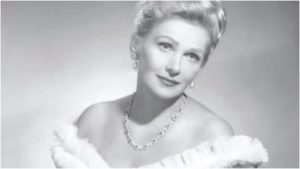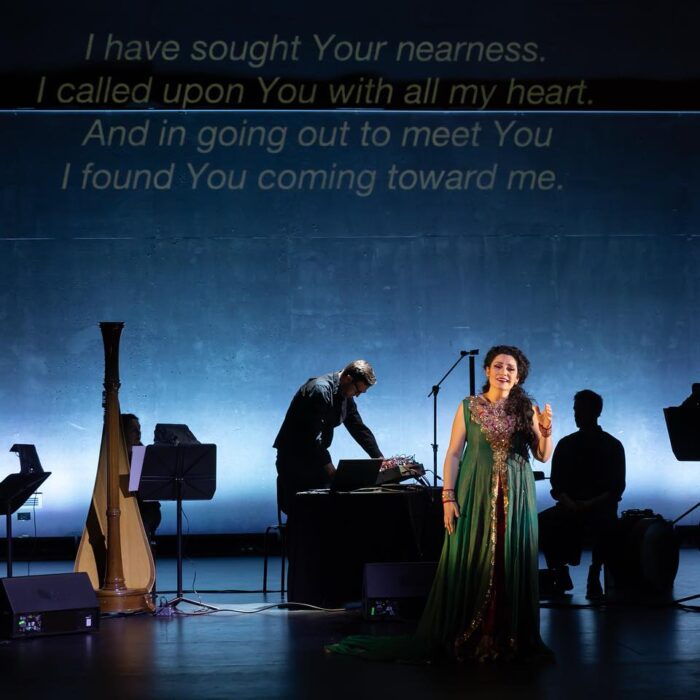
A Look At Elizabeth Schwarzkopf’s Surprisingly Brief Met Opera Career
By David SalazarElizabeth Schwarzkopf is undeniably one of the greatest artists of the 20th century. Born on Dec. 9, 1915, the German soprano was best known for her work in German repertoire, becoming one of the greatest Richard Strauss interpreters of all time.
She dominated the operas of Mozart and even made herself as a notable Wagnerian. She won a plethora of awards throughout her career including the Lilli Lehmann Medal, Edison Award, Hugo-Wolf Medal, and was even voted into the Gramophone Hall of Fame as recently as 2012.
She performed at all the major opera houses around the world, making her mark in her native country (she was a prominent member of the Nazi Party), at the Salzburg Festival, Vienna, and London among many other places.
That said, her career at the Metropolitan Opera was surprisingly limited. A lot of it might amount to her allegiance to the Nazi party, which she often dismissed as a professional necessity.
Regardless, Schwarzkopf didn’t arrive in New York until almost 20 years after World War II, her debut taking place on Oct. 13, 1964. She took on her signature role of the Marschallin and garnered a tremendous review by Raymond Ericson of the New York Times.
“Since the first act is more or less the Marschallin’s, the audience knew what to make of Miss Schwarzkopf’s performance by the time the act was over. The soprano conquered her listeners, and the roar that filled the house when she took her bows must be the kind that the most vain prima donna could ask for,” Ericson commenced his take on Schwarzkopf’s performance. “Last night, her performance was never less than admirable and often it was deeply moving. With her blond radiance, she looked beautiful and behaved with the aristocratic manner expected of the Marschallin. She was constantly projecting the most minute dramatic details suggested by the text in terms of vocal phrasing and coloration and of facial and bodily expression.
He did note that the singer was no longer in her prime and even called it “shrill” at times during the performance.
Schwarzkopf would perform the role eight times over the course of that season, her final performance in the role coming on Dc. 8, 1964.
In sum, she would sing a shocking 12 performances at the Met over her entire career, her final showcase coming on Jan. 29, 1966 as Donna Elvira in “Don Giovanni.” She also appeared at a Gala performance on Nov. 29, 1964, and on tour in two concerts, one dedicated to Straus and another dedicated to Viennese music.


